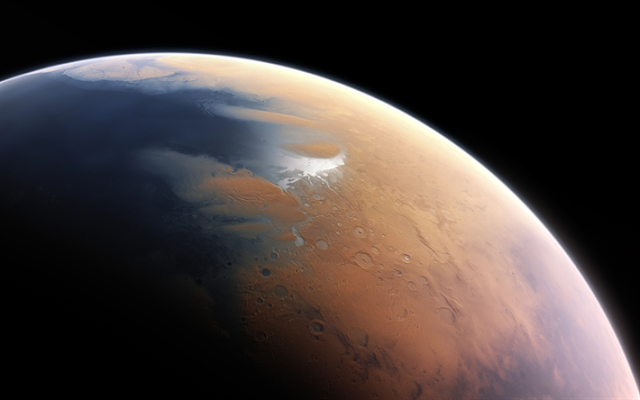Based on the
premise that most of the things we have nowadays (from TV, smartphones, washing
machines to other important things like weather forecasts and tracking systems)
has derived from space resources, the answer is no.
Here are four reasons why you should change your mind about space exploration.
USA spends only
1.6% of its budget on space exploration. If it weren’t spent, a poor person instead
of getting a dollar, would get a dollar and 3 cents. Does this really make a huge
difference?
Yes, there have
been rockets that cost more than a half million dollars, but it’s nothing
compared to what USA is now spending in Iraq.
2. “That money
could be spent to reduce hunger and poverty in the world”.
Let’s take the
US government as example since the American space agency is the biggest in the
world.
In the years of
the Cold War, a nun wrote a letter to the then NASA’s administrator, asking him
how could he authorize to spend billions of dollars in space while people on
Earth were dying of hunger. His answer in a nutshell: it’s not NASA’s job to
reduce the lack of food. NASA was created to beat the Russians during the Cold
War, so it was, and still is a government sector. This means that it receives an
annual budget from the US government to be spent ONLY in its sector: space. But
wasn’t it obvious?
The count was
so fascinated by this that he invited the man to move with his laboratory to his
castle, financing his work. The townspeople got very angry. They couldn’t
understand why the count was paying that man for his useless hobby while they
were suffering from hunger and the plague. The count answered: “I’m giving you
as much as I can afford, but I’m also supporting this man and his work because
I know that someday something will come out of it.”
And actually,
something brilliant came out of that man’s “useless hobby”: the microscope.
It’s well known that this instrument is a fixed point in the progress of
medicine.
Moral of the
story: just because something isn’t giving direct results, it doesn’t mean it’s
useless.
Many people ignore the fact that planets have formed by collision. Studying the planets near to the Earth may help us understand our universe and our planet better and maybe even find a solution for certain problems. Ok, but why Mars? Mars is very similar to Earth and studying its soil might give us interesting information about our planet.
How about global
warming and pollution? It’s definitely not space exploration’s fault if the
Earth is overheated or glaciers are melting. Same for pollution. It’s human’s
fault.
Plus, more than the half of NASA’s sectors work on Earth’s problems and how to solve and prevent catastrophes. So space exploration primarily takes care of our planet and then about the outer space.
Maria, 3scB



No comments:
Post a Comment